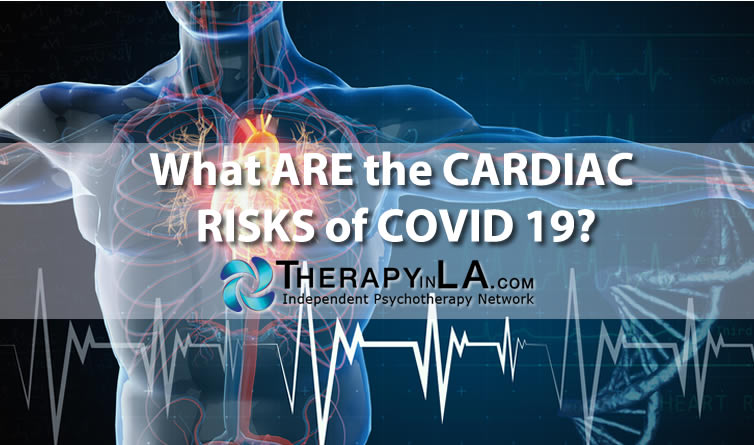What ARE the CARDIAC RISKS of COVID 19?
What ARE the CARDIAC RISKS of COVID 19?
Recent blogs have identified a variety of risks due to the COVID 19 pandemic: anxiety, depression, sleep issues, child abuse, and domestic violence. Coping techniques have been described for us adults, as well as for our children.
Now, we can add one more health risk: “broken heart syndrome”, stress cardiomyopathy (article available from Ankur Kalra, MD: kalraa@ccf.org). In ordinary language: heart failure due to stress.
This study involved more than 1,900 patients, comparing COVID 19 patients with those from four periods of time before the pandemic. Before the pandemic, less than 2% of patients experienced this condition, whereas during the pandemic almost 8% of patients have stress cardiomyopathy. This is a fourfold increase. The timeframe for this study was early in the pandemic, from March 1 until April 30, 2020. These patients ended up being hospitalized with COVID 19 for longer periods of time, than those without cardiac issues. This translates into greater suffering as well as higher costs. It seems possible that with the accumulated stress of the ongoing stresses, the incidence of heart failure may well be higher now.
Long-standing research has established that higher levels of stress and anxiety are associated with cardiomyopathy. Thus, it is clear that the psychological, social, and economic distress that are part of the pandemic is at work in terms of our cardiac health.
As previously suggested in earlier blogs about COVID 19, psychotherapy can be of help to reduce the anxiety, depression, sleep issues, child abuse, and domestic violence risks, as well as the increased cardiac risks. By helping individuals and families cope more effectively with the stresses of the pandemic, the risks of people ending up ill and hospitalized can be reduced.
Alan M. Solomon, Ph.D. is a clinical psychologist in private practice in Torrance, CA. A member of the Independent Psychotherapy Network, he can be reached at 310 539-2772 or dralanms@gmail.com
Copyright 2020 by Alan M. Solomon, Ph.D.

